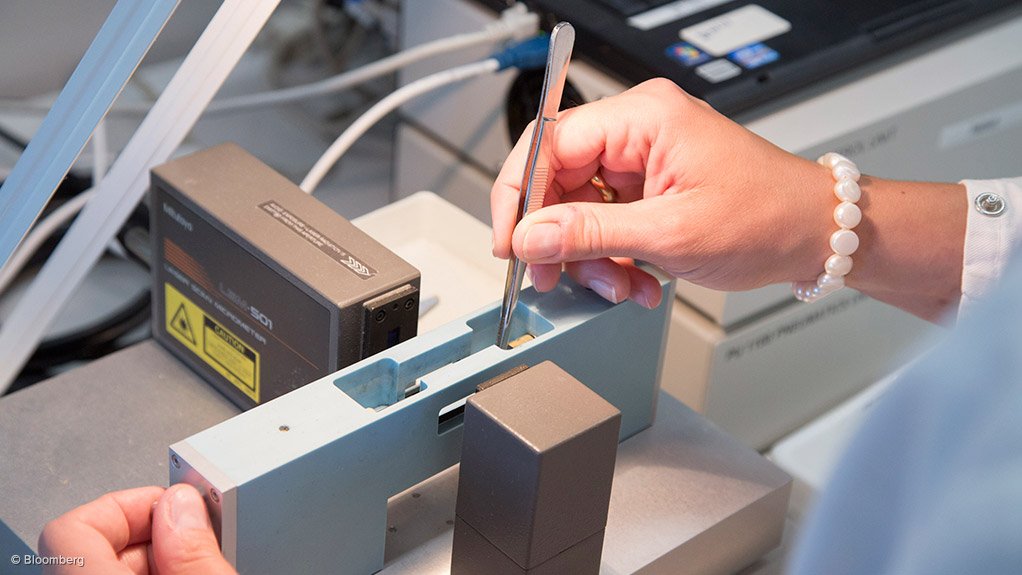South Africa has been ranked thirtieth globally for the extent to which its domestic policies support global innovation, analysis released by global technology policy think tank, the Information Technology and Innovation Foundation (ITIF), has revealed.
The findings from the 'Innovation altruism’ report, which assessed 56 countries on the extent to which, on a per capita basis, their cross-departmental economic and trade policies contributed to and detracted from global innovation, ranked South Africa thirty-third in terms of its positive contribution to the global innovation ecosystem, also naming it the twenty-eighth “least damaging” country, in terms of domestic policy.
“Robust innovation is essential for economic growth and progress. As countries increasingly vie for leadership in the innovation economy, they can implement policies that try to benefit only themselves but harm the production of innovation in the rest of the world.
“They can [also] implement ‘win-win’ policies that bolster their own innovation capacity, while also generating positive spillovers for the entire global economy. For innovation to flourish around the world, we need a system that is doing much more of the latter,” report co-author and ITIF global innovation VP Stephen Ezell commented.
While previous research had ranked countries based on innovation capabilities or outcomes, the report was the first to assess the impact of countries’ policies on the broader innovation system.
The authors examined 14 factors that supported innovation domestically and had positive spillover effects globally, such as supportive tax systems and investment in research and development and in human capital.
Factors with negative spillover effects included forced localisation and weak intellectual property protection.
The report also found a strong correlation between countries’ contributions to global innovation and their levels of domestic innovation success.
“While policymakers are primarily focused on the interests of their own citizens, they usually overlook the fact that adopting policies that also happen to be good for the global innovation ecosystem will compound the benefits for their citizens,” added ITIF president and report co-author Robert Atkinson.
The report, meanwhile, advised nations to implement a series of policies to improve their impacts on worldwide innovation, including encouraging policymakers, economists and pundits to treat innovation as as important as trade in its ability to optimise global growth.
It further called on the global development and trade community to establish a framework that better distinguished between policies that were beneficial for the world’s innovation ecosystem and those that were detrimental.
“Moreover, policymakers need to push back more strongly against the misguided, but popular, perspective that developed nation innovation comes at the expense of developing nation economies and that the world needs a strategy for redistributing innovation, rather than growing it,” the foundation held.
It further argued in favour of leading nations establishing a global science and innovation foundation to fund scientific and engineering research on key global challenges, particularly through collaborative international research.
“The world is significantly underproducing innovation, which is needed to tackle global challenges, including boosting productivity, improving health and protecting the environment.
“Policymakers need to better understand and more aggressively push back when countries try to advance their own interests at the expense of global innovation. The world’s leaders need to articulate a more robust vision of commonly shared prosperity based on substantial increases in worldwide productivity and more innovative products and services,” Atkinson concluded.
Edited by: Chanel de Bruyn
Creamer Media Senior Deputy Editor Online
EMAIL THIS ARTICLE SAVE THIS ARTICLE
To subscribe email subscriptions@creamermedia.co.za or click here
To advertise email advertising@creamermedia.co.za or click here













